The Quality Content I Love Yay Historians!
The quality content I love ♥️ yay historians!
The Old Guard: A Joe/Nicky Historical Primer
If you’re like me, you’ve just recently fallen ass-over-teakettle for The Old Guard, a newly released Netflix movie which takes some of my best-beloved fictional tropes (badass ladies! found family!), mashes them together, and queers the traditional action movie in great ways. You’ve got the implied past relationship between Andromache and Quynh, and the textually explicit relationship between Joe and Nicky, the immortal warrior husbands of my heart.
And if you’re like me, you want lots and lots of fic that explores the many centuries that they’ve all spent together! And if you’re a deeply nerdy historian like me, you want that fic to be as authentic as possible. (Unless you want to deliberately just play with past-as-aesthetic, à la A Knight’s Tale, which I’m not going to judge!) I’m not a specialist in the history of the Scythians or of Hồng Bàng-period Vietnam, so I’m not the person to write a primer on Andromache or Quynh’s likely backstories. But I am a historian of the Middle Ages (12th/13th century, mostly), so here are some resources that might prove helpful for you when writing Joe/Nicky fic.
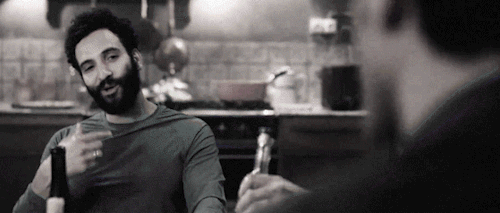
Yusuf and Nicolò Timeline
This timeline is based on movie dialogue, what can be gleaned from Copley’s wall, from the props seen in the end credits, and from additional promo material where that doesn’t contradict the movie canon. (There are conflicting bits of para-canon out there that just can’t be made to coincide re: how many centuries the Immortals have spent together.)
1066: Joe is born Yusuf ibn Ibrahim ibn Muhammad ibn al-Kaysani, the son of a merchant trader family from the Maghrib (not sure if the specific region of North Africa is ever specified). First language Arabic?
1069: Nicky is born Nicolò di Genova, a former priest who takes the cross (listen, as a historian of religion I have Notes on this backstory for him but sure, whatever). From his toponymic, he’s almost certainly from Genoa in what is now Italy. This means that his first language was almost certainly a dialect of Ligurian, a sister language of modern standard Italian.
1099: Jerusalem, Nicky and Joe die for the first time
17th century?: England when Andy and Quynh are captured.
1834: Saõ Paolo
1850s: Crimea
1914-18: Western Front
1936: Spain
1940s: Pacific Theatre
1956-59: Cuba
1960s: USA
1967: Oslo
1968: Cuba
1975-79: Cambodia
1992: Nicky attends an English-speaking college
1992-1996?: Sarajevo
Early 2000s?: Democratic Republic of Congo
2019: Turkey, Morocco, South Sudan, France, England
Or, to sum up: two guys from opposing sides meet up during a war in the Middle Ages, kill one another a bunch but realise none of the deaths are sticking, fall in love, and live together happily ever after, and I think that’s beautiful.

This schematic map of Jerusalem is partly visible in the end credits. As you can probably tell, this wasn’t intended for use as map to navigate by, but instead points out some of the most important places in and around Jerusalem from a Christian perspective. National Library of the Netherlands, The Hague, KB, 76 F 5, fol. 1r.
First Encounters
Ask most people to list things they associate with the Middle Ages, and the Crusades will probably make that list. We tend to think that we know what the Crusades were about just because they show up as backdrops a lot in pop culture, generally with armoured knights going up against turbaned foes in dusty settings.
But movies tend to get it wrong a lot of the time. (Know a medieval history professor, particularly one who specialises in the Crusades? Ask them what they think of Ridley Scott’s Kingdom of Heaven. Oof.) So too do a lot of popular references to the Crusades, which often frames these wars as “a clash of civilisations” between white Christian Europeans and brown Muslim non-Europeans. This kind of framing is pretty inaccurate and very reductive. It’s not really the product of a direct engagement with the medieval primary sources, but is a product of later centuries of reinterpreting, reimagining, and repurposing the meaning of the Crusades. (Particularly in the 19th century, when white European colonisers wanted to find past precedents to justify their expanding empires.) It’s also something that uses hindsight to make a single thing out of a confusing, sprawling series of conflicts loosely connected by geography and purpose.
In other words, in 1099, Nicolò wouldn’t have thought of himself as “a Crusader on the First Crusade”. He’d have most likely thought of himself as a “pilgrim” or “soldier of Christ” who’d gone on a “journey” or “[sea] crossing” to Jerusalem. He may have thought of Jerusalem or the Holy Land as specific goals to capture (but not all Crusaders did). But that did not necessarily mean he specifically set out to fight against Islam.
In 1099, Yusuf would have thought of what was happening not as the first in a series of conflicts, but rather a continuation of many decades of Frankish aggression against the Dār al-Islam, the Muslim world. (In the eleventh century, western Europe was comparatively speaking a marginal, underdeveloped, rural backwater, and so there was a tendency on the part of Muslims to clump all western Europeans together as pale, hairy “Franks” (the people of Francia, modern France) who were smelly and had an uncouth tendency to shit and fart in public.
The first time they met, Yusuf probably thought of Nicolò as a Frank. Not sure what he thought about his toilet habits, though.)

Various waves of travel associated with the First Crusade, 1096-1099
Why Getting the Backstory Right Matters
The Crusades happened a long time ago, but like so many aspects of the Middle Ages, they still aren’t over. This is because they continue to have political, social, and cultural resonances for people around the world. The Crusades (or certain framings of the history of the Crusades, at least) are used to support a whole spectrum of extremist politics and are actively used to promote violence in the 21st century: whether that’s Anders Behring Breivik writing a whole manifesto calling himself a latter-day Knight Templar before murdering 77 people, or Osama bin Laden condemning contemporary Western policies as a new Crusade, or the Bush administration framing its own actions approvingly as a Crusade. (There’s a depressingly long list of examples I could add here.)
Writing backstory fic for Joe and Nicky that leans into the “clash of civilisations" interpretation of the Crusades obviously isn’t anywhere near comparable to any of the examples I just gave. But I think it makes them less interesting as people, and strips nuance out of their backstory—while also wrongly assuming conflict between different groups as inevitable (particularly when it comes to the Middle East and interactions between peoples in the Middle Ages as less complex, pragmatic, and layered than they are today.
Plus, y'know: it’s wrong.
The Crusades weren’t a Hollywood movie or a video game. They were a complex, messy, multidimensional set of conflicts that involved real people. The First Crusade wasn’t the inevitable clash of two eternally opposed groups. It was a complex event that was the result of a whole bunch of factors including the popes not getting on with the German emperors, the Normans wanting to conquer even more places, the Byzantines engaged in ongoing conflict with the Seljuk Turks, economic motivations, an entire concept of penitential warfare, and, yes, religious fervour. But it wasn’t “just” about religion in the same way that no war today is about “just” one thing.
Or, to put it another way: you don’t want Joe to describe your understanding of his past as infantile, do you?
(Also, think very, very carefully before you use existing Crusader imagery/memes about Nicky. Even if you’re doing it to be funny or sarcastic, the vast majority of those memes have some pretty nasty contemporary connotations. Nicky would be very unimpressed with you for associating him with the alt-right.)

Overviews by Modern Scholars
Susanna Throop’s The Crusades: An Epitome is a very accessible, short recent introduction to the Crusades and how people have thought of them over the centuries. I strongly recommend it. You can pick up up a paperback copy for cheap, or download the e-book version for free from the publisher’s website.
If you want to read more in-depth about the First Crusade specifically, Jay Rubenstein’s Armies of Heaven: The First Crusade and the Quest for Apocalypse is a good, narrative-driven overview, while Paul Cobb’s The Race for Paradise: An Islamic History of the Crusades looks at things from a medieval Muslim point of view.
Christopher Tyerman’s God’s War: A New History of the Crusades or Thomas Asbridge’s The Crusades: The Authoritative History of the War for the Holy Land are also decent introduction, but you’ll have to invest a lot of time in reading them. (They’re bricks.)
(If you want to write something where Andy and Quynh appear, I’m sorry to say that for a variety of reasons including a dearth of sources, there’s just not a lot of scholarship out there about women and the Crusades. If you’ve got access to an academic library, there are a handful of journal articles but that’s about it, though someone is working on a biography of Mélisende of Jerusalem right now so keep an eye out for that! If you are also a nerd like me.)
Try to avoid: Steven Runciman (groundbreaking in his day, but now dated and superseded by a lot of later research), Amin Maalouf (a novelist, not a historian, and it shows), anything ever shown on the History Channel, or Bernard Lewis (Joe… Joe would not have liked Bernard Lewis.)

Voices from the Middle Ages
It’s tough to find sources from the Middle Ages that are available freely online in an accessible modern translation. The Internet Medieval Sourcebook will crop up high in any search result, but it’s ancient in internet terms (started in the mid-90s) so there’s a lot of link rot, and it is also largely made up of older, out-of-copyright 19th century translations that often show their age. (Generally speaking, if a translation is old enough to use “Mohammedan” or “Moslem” instead of “Muslim”? Hit the back button.) Some more recent, reliable translations of sources about the Crusades and the Crusader states can be found here, here, and here. The Database of Crusaders to the Holy Land will give you info about the kinds of men and women who went on Crusade 1095-1149.
If you’re willing to hunt out books in print, this bibliography is a fab list of translated texts from medieval and early modern Iberia and North Africa. In particular, Crusade and Christendom: Annotated Documents in Translation from Innocent III to the Fall of Acre, 1187-1291 and The First Crusade: “The Chronicle of Fulcher of Chartres" and Other Source Materials are good collections of materials from a largely western European perspective.
Usama ibn Munqidh’s writings offer an eyewitness account of the Crusades from a Muslim perspective. In his travel narrative, ibn Jubayr recounts the pilgrimage he undertook from Spain to Mecca and Medina, and his other journeys in the twelfth century. It’s not specifically about the Crusades, but it will give you a wonderful insight into the diverse, dynamic Mediterranean world that Joe and Nicky were born into.
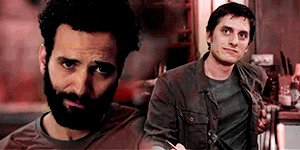
-
 omgkatyposts liked this · 6 months ago
omgkatyposts liked this · 6 months ago -
 bitimdrake liked this · 9 months ago
bitimdrake liked this · 9 months ago -
 gracedbybattle reblogged this · 10 months ago
gracedbybattle reblogged this · 10 months ago -
 wecanseethemadness reblogged this · 1 year ago
wecanseethemadness reblogged this · 1 year ago -
 fetus1335 liked this · 1 year ago
fetus1335 liked this · 1 year ago -
 a-reasonable-demon liked this · 1 year ago
a-reasonable-demon liked this · 1 year ago -
 coloursisee reblogged this · 1 year ago
coloursisee reblogged this · 1 year ago -
 coloursisee liked this · 1 year ago
coloursisee liked this · 1 year ago -
 fleecquenachday liked this · 1 year ago
fleecquenachday liked this · 1 year ago -
 seasparrow18 reblogged this · 1 year ago
seasparrow18 reblogged this · 1 year ago -
 seasparrow18 liked this · 1 year ago
seasparrow18 liked this · 1 year ago -
 joeys-pizza liked this · 1 year ago
joeys-pizza liked this · 1 year ago -
 sun-shines-today-also liked this · 1 year ago
sun-shines-today-also liked this · 1 year ago -
 katakulio reblogged this · 1 year ago
katakulio reblogged this · 1 year ago -
 elibad reblogged this · 1 year ago
elibad reblogged this · 1 year ago -
 cafephilewrites liked this · 1 year ago
cafephilewrites liked this · 1 year ago -
 oldguardnewtrickswhodis reblogged this · 1 year ago
oldguardnewtrickswhodis reblogged this · 1 year ago -
 vampiratesinaboat liked this · 1 year ago
vampiratesinaboat liked this · 1 year ago -
 javelin-woman liked this · 1 year ago
javelin-woman liked this · 1 year ago -
 goldennthread reblogged this · 2 years ago
goldennthread reblogged this · 2 years ago -
 math-is-just-tautology liked this · 2 years ago
math-is-just-tautology liked this · 2 years ago -
 actualmermaid reblogged this · 2 years ago
actualmermaid reblogged this · 2 years ago -
 actualmermaid liked this · 2 years ago
actualmermaid liked this · 2 years ago -
 deepestthingpalacefire liked this · 2 years ago
deepestthingpalacefire liked this · 2 years ago -
 samshinechester reblogged this · 2 years ago
samshinechester reblogged this · 2 years ago -
 fandominsight reblogged this · 2 years ago
fandominsight reblogged this · 2 years ago -
 coffee-shy reblogged this · 2 years ago
coffee-shy reblogged this · 2 years ago -
 4redfruits liked this · 2 years ago
4redfruits liked this · 2 years ago -
 apfelgranate liked this · 2 years ago
apfelgranate liked this · 2 years ago -
 killerzebras reblogged this · 2 years ago
killerzebras reblogged this · 2 years ago -
 dreamofme9 liked this · 2 years ago
dreamofme9 liked this · 2 years ago -
 morgana-greenleaf reblogged this · 2 years ago
morgana-greenleaf reblogged this · 2 years ago -
 rosettyller liked this · 2 years ago
rosettyller liked this · 2 years ago -
 themeeby liked this · 2 years ago
themeeby liked this · 2 years ago -
 akaiikofandoms liked this · 2 years ago
akaiikofandoms liked this · 2 years ago -
 sunmooncake reblogged this · 2 years ago
sunmooncake reblogged this · 2 years ago -
 e-p-wtoreadlater reblogged this · 2 years ago
e-p-wtoreadlater reblogged this · 2 years ago -
 sorceresscirce liked this · 2 years ago
sorceresscirce liked this · 2 years ago -
 chloedrawss liked this · 2 years ago
chloedrawss liked this · 2 years ago
More Posts from Eino-e
They're so cute together. Friendship is a vital part of life and I hope Joe can forgive Booker.


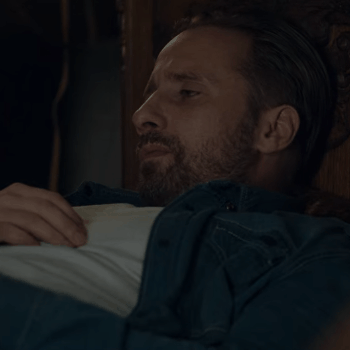

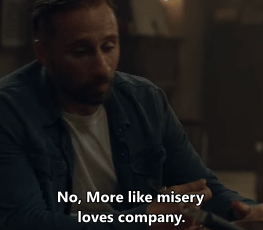


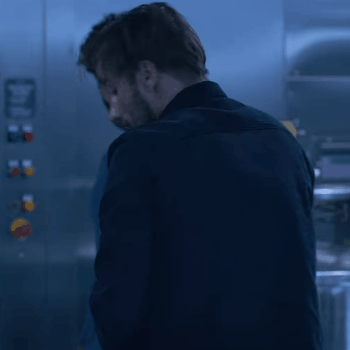


The Old Guard Relationships
Booker & Joe
Makes me proud to call myself a feminist.

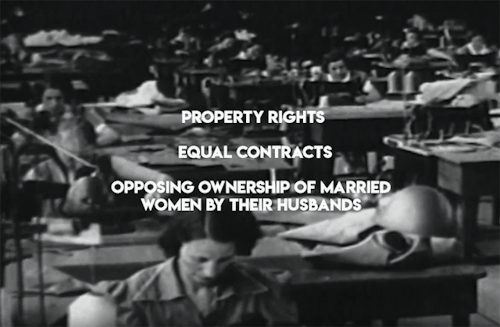

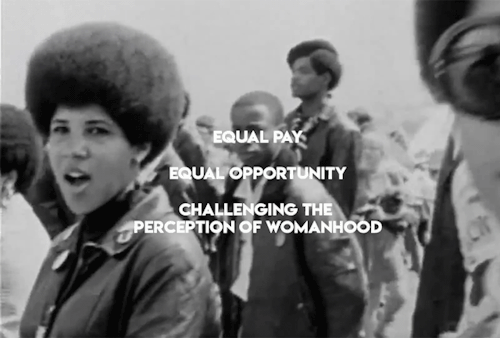



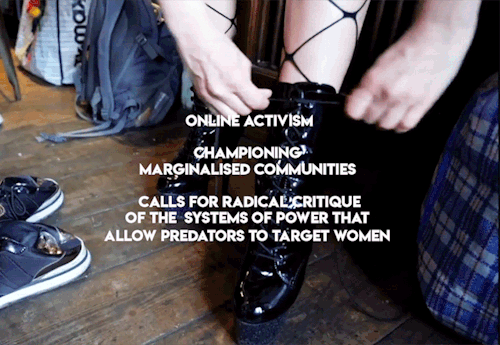
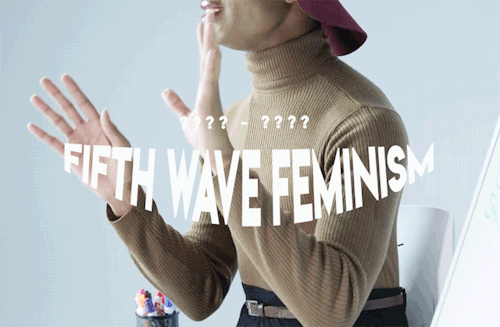
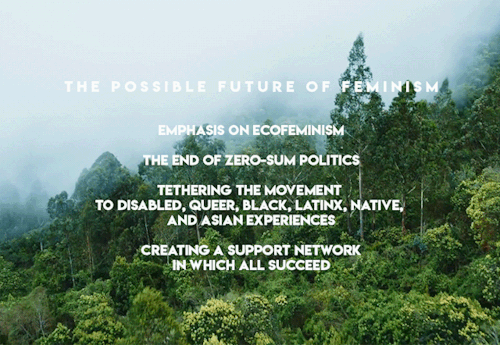
“We have to free half of the human race, the women, so that they can help to free the other half.” ➼ Emmaline Pankhurst
A BRIEF HISTORY (AND POSSIBLE FUTURE) OF FEMINISM
♥️








So this is what happens when you (and not for the first time) watch some behind the scenes-stuff from The Old Guard. You end up doing an endless amount of screenshots. Just because. What can I say…?


Moved to a new city and now I keep finding these beautiful places all around me
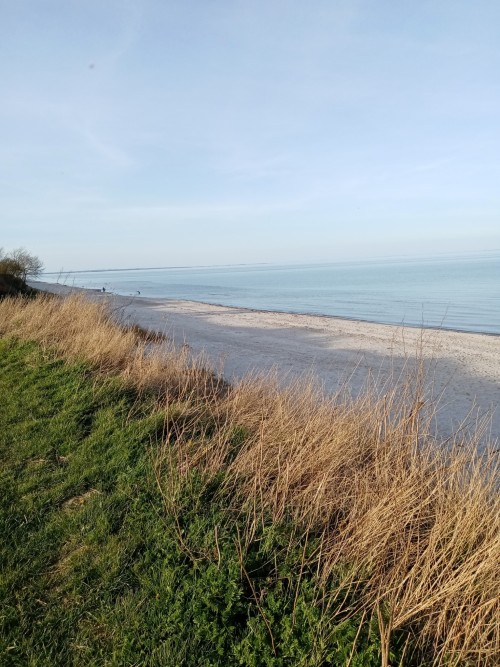
Can't believe how lucky I am.

A mistake is way too boring, my mind is running so many ideas why these objects are in Dick's room, I'm loving it.




Can anyone help me, please? In episode 5 of Band of Brothers in Dick “teetotaller” Winters’ hotel room in Paris, there are an almost empty glass, what looks like a half empty bottle of whisky and on the chair an USAAF ARMY OFFICER’S CRUSH CAP. This is obviously not a mistake. The room is very dark outside the bathroom, but if you lighten up the shot, you can see them very clearly, hidden in plain sight. The director of ep. 5 “Crossroads” is Tom Hanks, so why did he put these items in Winters’ room? Why did he hide them? Is there a logical explanation I can’t find? Help? Anyone?